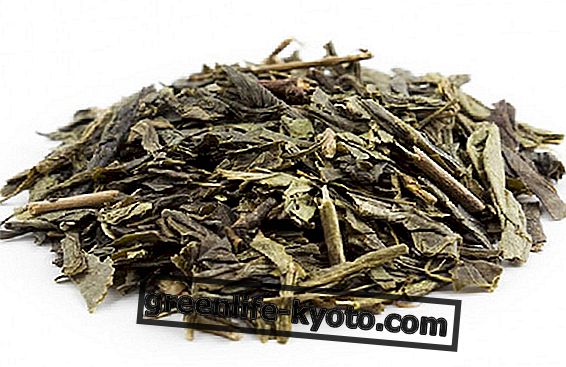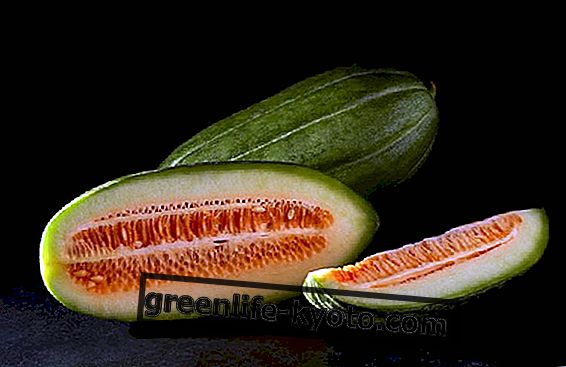
Novel food, new foods
As the expression itself suggests, "novel food" means newly introduced foods, whether they are of animal or vegetable origin.
Until recently, these foods and ingredients were not used on the table of Europeans and Italians, or were already used but were not classified as they were not consumer products.
To legislate for the first time on the marketing of these foods was Europe, with the regulation (EC) n.258 / 97 . In the European Union the classification and monitoring have evolved from year to year, to reach regulation (EU) 2015/2283 on novel foods. The latter came into force in January 2018.
The regulation has become necessary given the need to control in a more serious way all those foods which - by tradition, habits and local uses - are not used, such as algae and insects .
What are the most common novel foods
On the one hand, in fact, FAO invites the consumption of insects, considered a valid contribution to food safety while respecting the environment.
On the other hand, Efsa (European Food Safety Authority) tends to point out that some "novel foods" are not all that new, in fact, they have been on our plates for a long time. In this category, in fact, tomatoes, corn or bananas could be added, which for us Europeans are certainly not autochthonous.
There are so many novel foods and they will be more and more . Algae are among the most popular and most widely available novel foods, now also included in many processed and semi-finished supermarket products. The most famous and versatile among them is certainly the spirulina algae .
Eating insects and derivatives will turn your nose upside down, but it is possible that we will soon see them in the refrigerated counter or in the dried section, including fish and canned meat.
On the other hand, the sites that sell them or offer biscuits made with cricket flour , risotto with cockroaches or tapas with locusts are already very popular . Other favorite insects to become "food of the future" are caterpillars, cicadas and dragonflies; not even flies, bedbugs and termites!
Not just insects: the novel food catalog
The European Commission's novel food catalog lists the official novel foods in alphabetical order. For each of them, it indicates the name with which they are commonly known, the year in which they came into use and specifies whether they are still being regulated.
It is interesting to note that some of them have now become the norm: some examples are agave, macadamia nuts, fermented red rice, palm sugar and countless varieties of mushrooms .
If you are fascinated by food challenges, the book for you is At the borders of taste - An extraordinary journey among the most unusual foods on the planet, by Luis Devin. On the side of the recipes for "insectivores", on the other hand, an interesting reading is Cooking with Insects, by Folke Dammann.
Photo: fotointeractiva / 123rf.com













